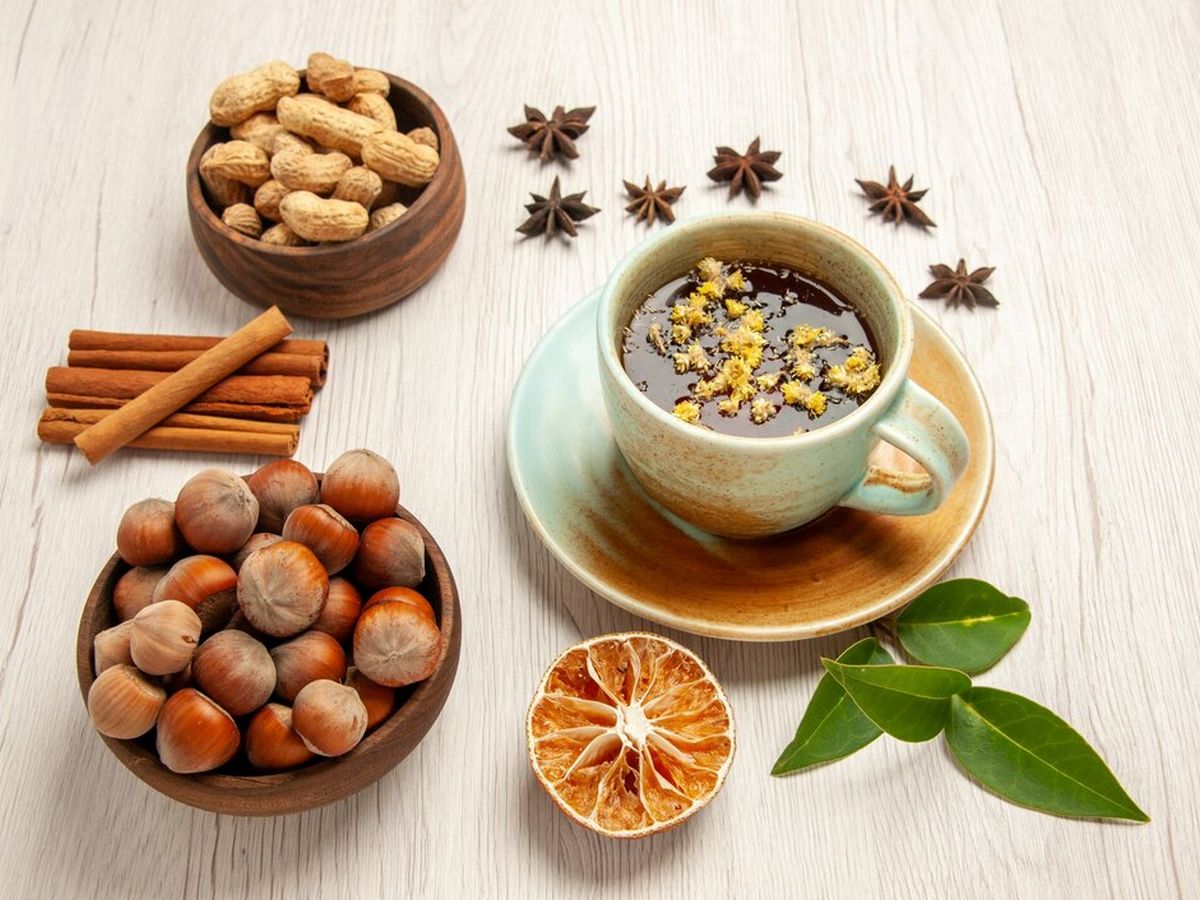Bridging Ancient Wisdom and Modern Science: Exploring the Synergistic Power of Ayurvedic-Nutraceutical Combinations.
Ayurveda, the ancient Indian system of medicine, has long emphasized the importance of holistic wellness through natural remedies. In recent years, the convergence of Ayurvedic principles with modern nutraceutical science has led to the development of powerful synergistic combinations. These blends aim to enhance the bioavailability and efficacy of traditional herbs by pairing them with scientifically validated nutrients. This article explores some popular Ayurvedic-nutraceutical combinations, highlighting their potential benefits and the underlying scientific rationale.
1. Ashwagandha and Vitamin D3:
Ashwagandha, known for its adaptogenic properties, helps the body manage stress and improve overall resilience.2 Vitamin D3, essential for immune function and bone health, is often deficient in individuals living in modern, indoor-centric environments. Combining these two offers a comprehensive approach to stress management and immune support.
- Ayurvedic Perspective: Ashwagandha ( Withania somnifera ) is a Rasayana, a rejuvenating herb that promotes vitality and longevity. It balances Vata dosha, which is associated with stress and anxiety.
- Nutraceutical Perspective: Vitamin D3 plays a crucial role in calcium absorption, immune modulation, and mood regulation. Studies indicate that vitamin D deficiency can exacerbate stress and anxiety.
- Synergy: Ashwagandha can enhance the body’s ability to utilize vitamin D3 by improving cellular receptor sensitivity. This combination supports stress resilience, immune function, and overall well-being.
2. Turmeric (Curcumin) and Piperine (Black Pepper Extract):
Turmeric, with its active compound curcumin, is renowned for its anti-inflammatory and antioxidant properties. However, curcumin’s bioavailability is limited. Piperine, found in black pepper, significantly enhances curcumin absorption.
- Ayurvedic Perspective: Turmeric ( Curcuma longa ) is a Tridoshic herb, balancing all three doshas. It is used to treat inflammation, digestive disorders, and skin conditions.
- Nutraceutical Perspective: Curcumin has been shown to inhibit inflammatory pathways and scavenge free radicals. Piperine increases curcumin’s bioavailability by inhibiting its metabolic breakdown in the liver and intestines.
- Synergy: This combination maximizes the therapeutic potential of curcumin, making it more effective in reducing inflammation, improving joint health, and supporting cognitive function.
3. Triphala and Prebiotics/Probiotics:
Triphala, a blend of three fruits (Haritaki, Bibhitaki, and Amalaki), is a classic Ayurvedic formulation for digestive health. Combining it with prebiotics and probiotics enhances its gut-balancing effects.
- Ayurvedic Perspective: Triphala is a gentle laxative and detoxifier that supports healthy bowel movements and improves digestion. It balances all three doshas.
- Nutraceutical Perspective: Prebiotics provide food for beneficial gut bacteria, while probiotics introduce live beneficial bacteria to the gut. This supports a healthy gut microbiome, essential for digestion, immunity, and overall health.
- Synergy: Triphala helps to cleanse the digestive tract, creating a favorable environment for prebiotics and probiotics to thrive. This combination promotes regular bowel movements, improves nutrient absorption, and supports a healthy gut ecosystem.
4. Ginger and Zinc:
Ginger, known for its digestive and anti-inflammatory properties, combines well with zinc, an essential mineral for immune function and wound healing.
- Ayurvedic Perspective: Ginger ( Zingiber officinale ) is a Vata and Kapha balancing herb. It is used to treat digestive disorders, respiratory problems, and inflammation.
- Nutraceutical Perspective: Zinc plays a vital role in immune cell function, protein synthesis, and wound healing. It is also essential for maintaining healthy skin and hair.
- Synergy: Ginger enhances zinc absorption and utilization. This combination strengthens the immune system, supports digestive health, and promotes overall vitality.
5. Brahmi (Bacopa) and Omega-3 Fatty Acids:
Brahmi, revered for its cognitive-enhancing properties, pairs well with omega-3 fatty acids, which are essential for brain health and function.
- Ayurvedic Perspective: Brahmi ( Bacopa monnieri ) is a Medhya Rasayana, a herb that improves memory, concentration, and cognitive function. It balances Vata and Pitta doshas.
- Nutraceutical Perspective: Omega-3 fatty acids, particularly DHA and EPA, are crucial for brain cell structure and function. They support cognitive function, mood regulation, and cardiovascular health.
- Synergy: Brahmi enhances the bioavailability of omega-3 fatty acids, promoting better absorption into brain tissues. This combination supports cognitive function, improves memory, and enhances mental clarity.
6. Shilajit and Coenzyme Q10 (CoQ10):
Shilajit, a mineral-rich substance, is known for its rejuvenating and energy-boosting properties. Combining it with CoQ10 enhances its mitochondrial support.
- Ayurvedic Perspective: Shilajit is a Rasayana that promotes vitality, strength, and longevity. It balances all three doshas.
- Nutraceutical Perspective: CoQ10 is an antioxidant that plays a crucial role in cellular energy production, particularly in the mitochondria. It supports heart health, cognitive function, and physical performance.
- Synergy: Shilajit enhances the absorption and utilization of CoQ10, boosting mitochondrial function and cellular energy production. This combination supports overall vitality, improves physical performance, and enhances cognitive function.
Important Considerations:
- Quality and Purity: Ensure that both Ayurvedic herbs and nutraceuticals are sourced from reputable suppliers and are free from contaminants.
- Dosage: Follow recommended dosages and consult with a healthcare professional, particularly if you have underlying health conditions or are taking medications.
- Individual Variations: Ayurvedic principles emphasize individual constitutions ( Prakriti ). What works for one person may not work for another.
- Holistic Approach: Ayurvedic-nutraceutical combinations should be integrated into a holistic lifestyle that includes a balanced diet, regular exercise, and stress management techniques.
In short…
Ayurvedic-nutraceutical combinations offer a powerful approach to holistic wellness by synergistically enhancing the benefits of traditional herbs and modern nutrients. These combinations can:
- Enhance bioavailability and absorption of key compounds.
- Promote stress resilience and improve mood.
- Support immune function and overall vitality.
- Improve digestive health and gut microbiome balance.
- Enhance cognitive function and mental clarity.
- Boost energy production and physical performance.
- Reduce inflammation and support joint health.
By combining the wisdom of Ayurveda with the precision of modern science, we can unlock the potential of these powerful synergistic combinations to achieve optimal health and well-being.

